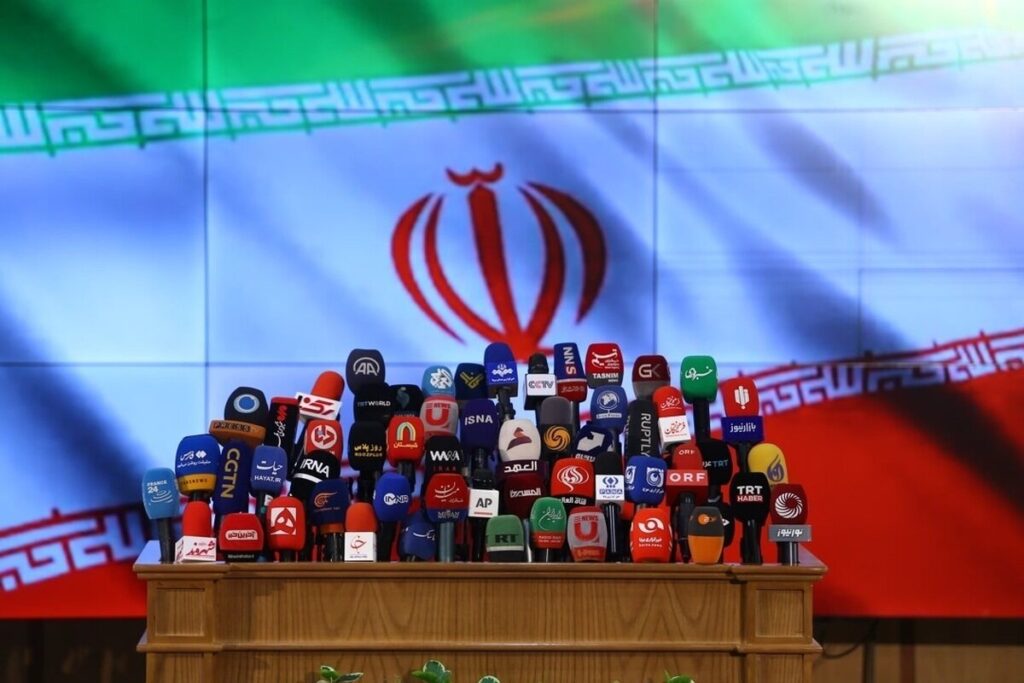TEHRAN – Iran's Guardian Council has been given five days to vet candidates to run in the presidential elections after candidate registration for the elections closed on Monday.
More than 80 people have been nominated, including one former president, one former speaker of parliament, 38 current and former lawmakers, 13 former ministers and three current ministers. At least four women are among the registered candidates.
The winner of the election will succeed Ebrahim Raisi, who was killed in a helicopter crash in the mountains of northwestern Iran on May 19.
In this report, we look at some of the most prominent figures who have announced their candidacy for the June 28th presidential election.
Mohammed Baqer Qalibaf
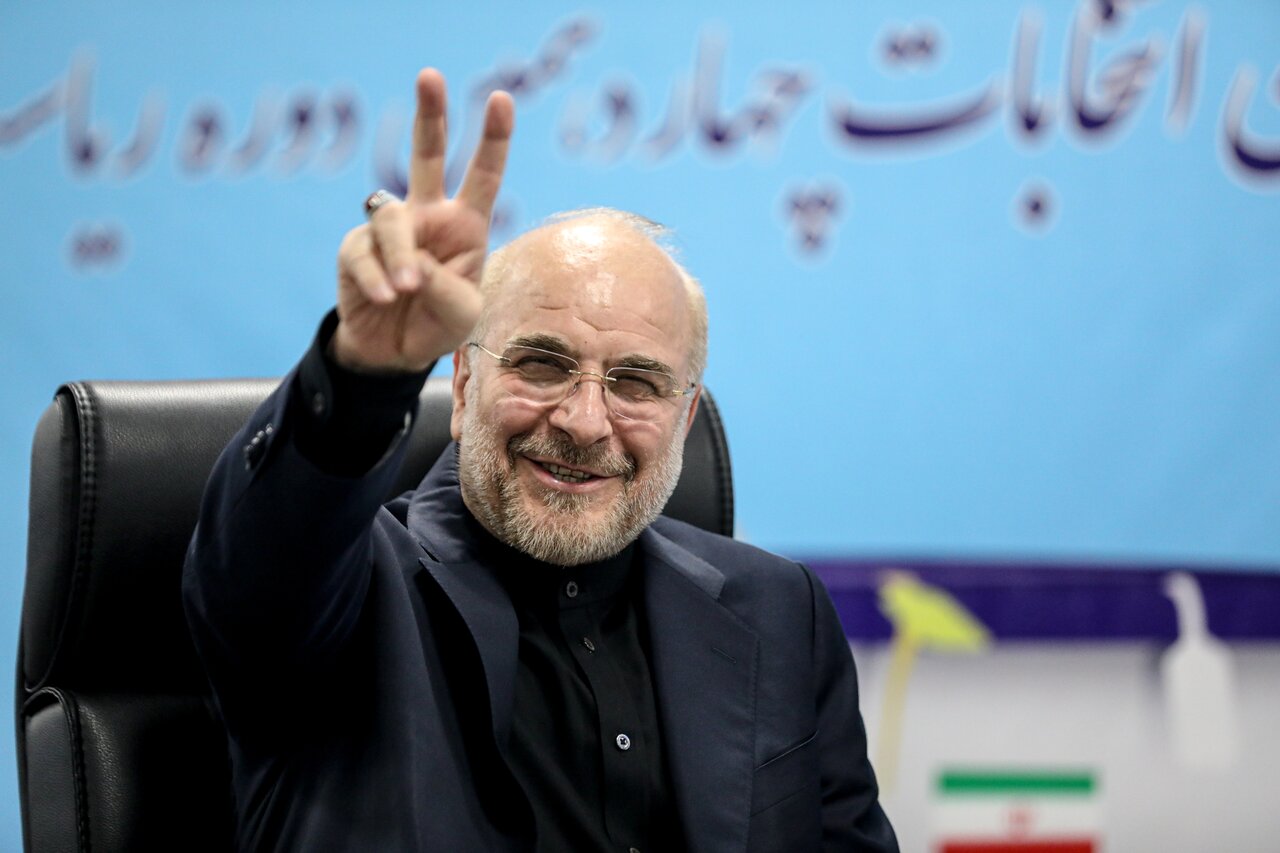
Trying to make up for past mistakes
Qalibaf has served the Islamic Republic for decades in various roles. He is a veteran and commander of the Iran-Iraq War, a former police chief and former mayor of Tehran. He has served as speaker of parliament since 2020 and was re-elected speaker by the new parliament last week.
Qalibaf is considered a neo-conservative and has run for president multiple times. In 2005, he won over four million votes but lost in the first round. In 2013, he came in second with 6,077,292 votes, losing to Hassan Rouhani. Qalibaf withdrew from the 2017 election in support of Ebrahim Raisi. Qalibaf is expected to be eligible to run for president for a fourth time.
Said Djalili
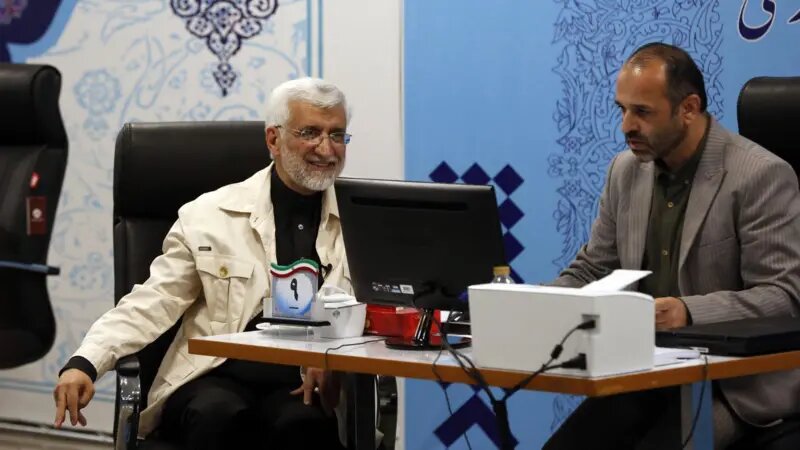
The power of polarization in elections
A prominent conservative, Jalili served as secretary of the Supreme Council for National Security from 2007 to 2013. He currently serves as a member of the Expediency Council.
Jalili plays a key role in Iranian foreign policy: he served as Iran's lead nuclear negotiator and was previously Deputy Foreign Minister for European and American Affairs.
Jalili has twice competed for the presidency, coming in third in the 2013 election with 11.31% of the vote. He initially planned to run in the 2021 election but later backed Ebrahim Raisi. He is considered eligible to run for president.
Ali Ardeshir Larijani
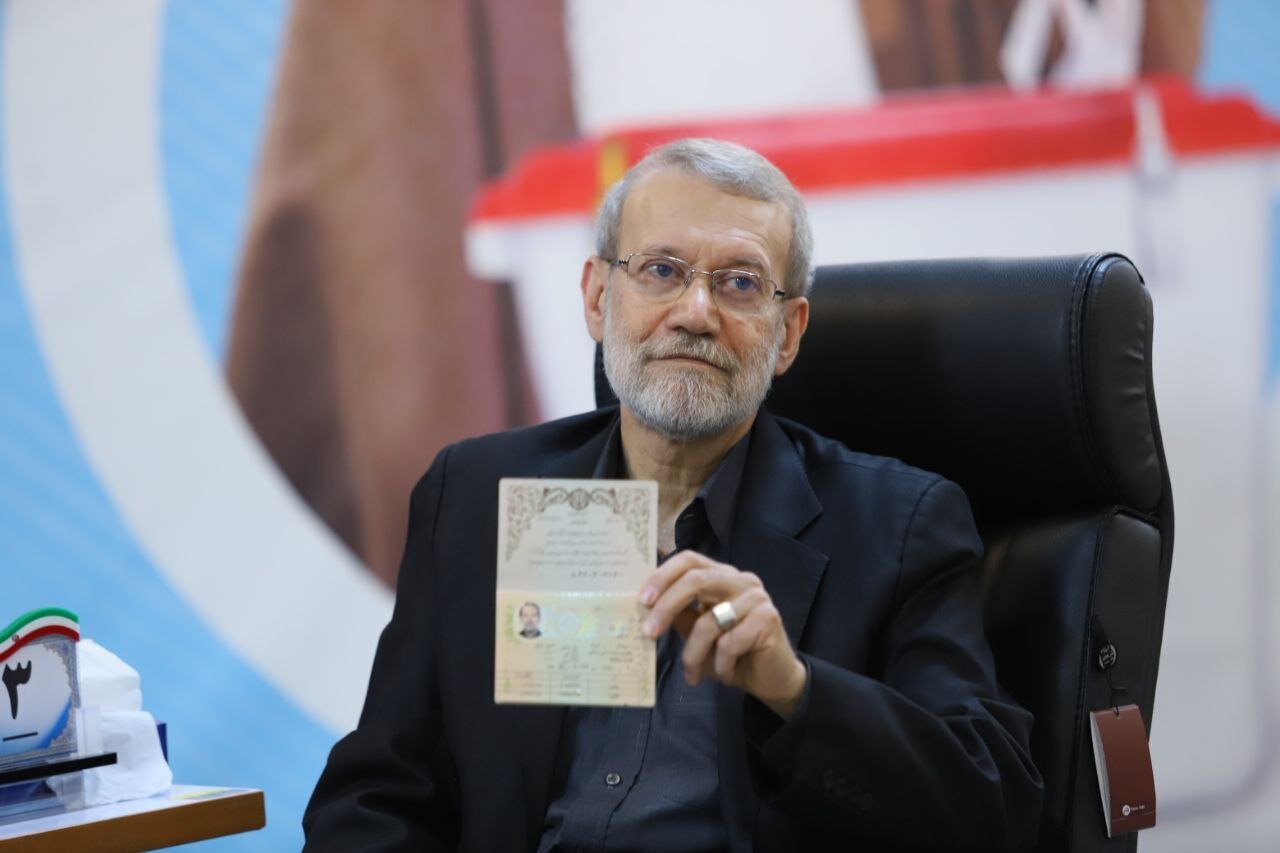
Hoping for a change of heart from the Oversight Council
Larijani has sought to appeal to both ends of the Iranian political spectrum over the past few decades. He served as secretary of the Supreme National Security Council from August 2005 to October 2007. He also served as speaker of parliament from 2008 to 2020. He later became a member of the Expediency Council, a position he held from 1997 to 2008.
Larijani ran for president in 2005 without much success. He registered as a candidate in 2021 but was disqualified by the Guardian Council. He seems hoping for a different fate in this round of the review.
Ishaq Jahangiri
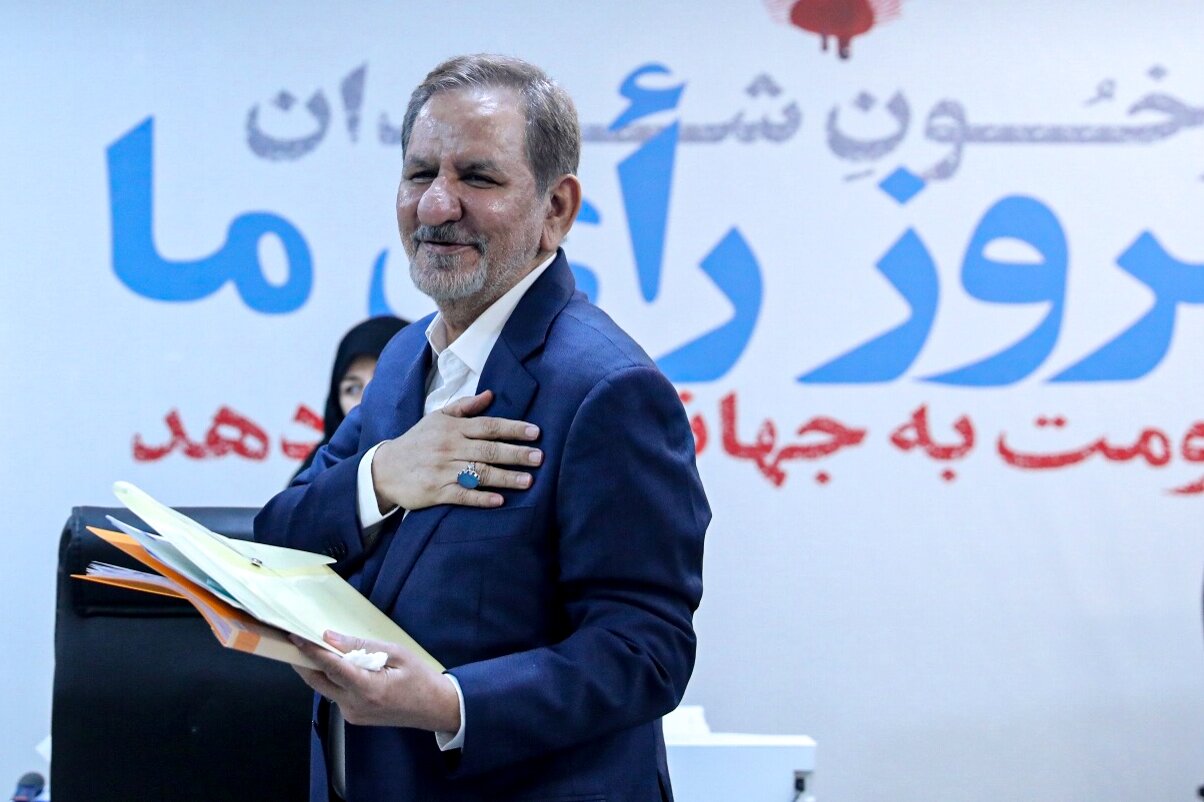
Continuation of President Rouhani's Administration
Jahangiri served as vice president in President Hassan Rouhani's government from 2013 to 2021. Prior to that, he served as minister of mining, governor of Isfahan province and member of parliament.
Jahangiri, a prominent reformist, ran for president in 2017. Many observers saw his decision to run, after dropping out before the polls began, as a strategic move to give Rouhani a boost in the debates.
Looking ahead to the 2024 presidential elections, Jahangiri, a perceived technocrat, may face difficulties in winning approval from the Guardian Council due to past allegations of embezzlement and corruption by his close relatives.
Alireza Zakhani
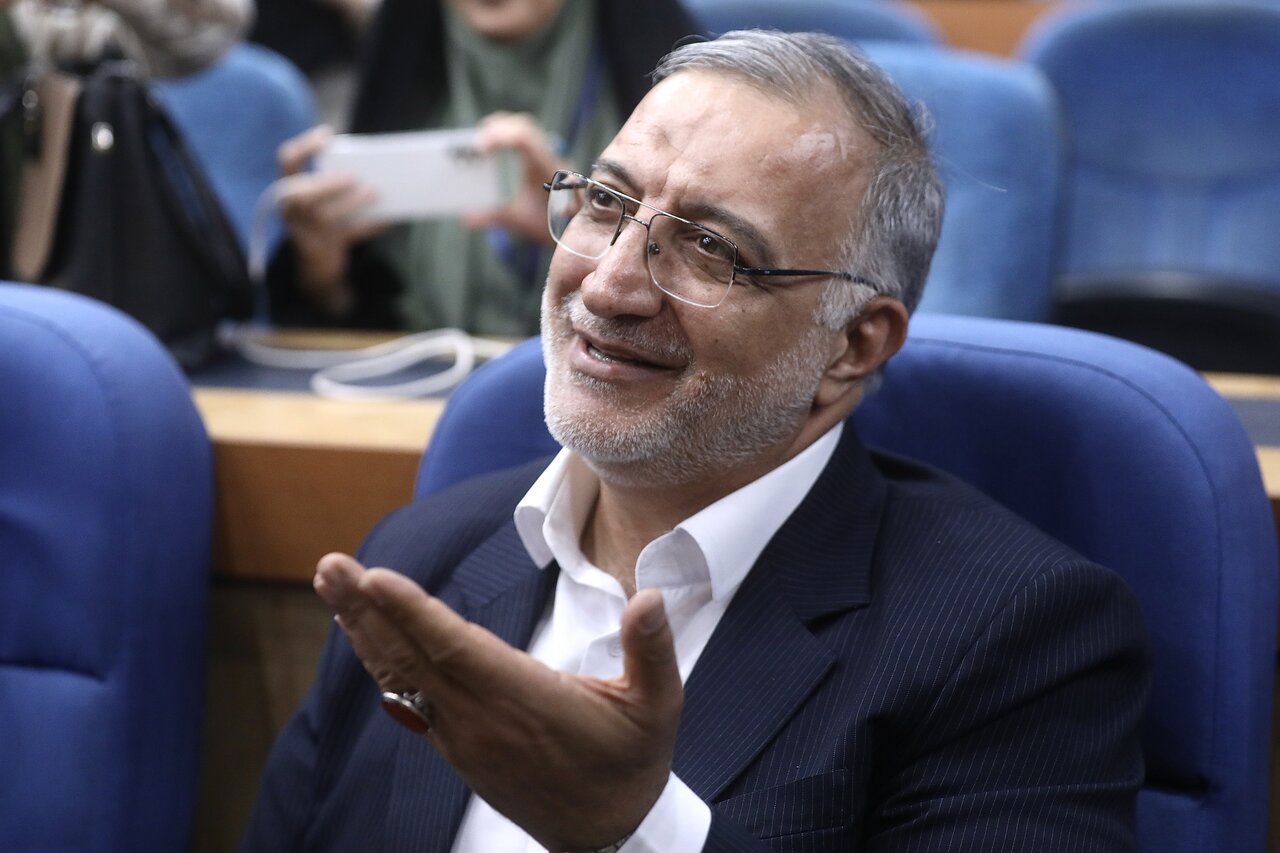
Former mayor and “tank of the revolution”
Zakani has been mayor of Tehran since 2021. In line with his conservative political views, he served as a member of parliament from 2004 to 2016 and from 2020 to 2021.
Zakani announced his candidacy for the presidency in 2013 and 2017 but was twice disqualified by the Guardian Council. He initially ran in the 2021 presidential election but later withdrew in support of Raisi.
Zakhani, known for his fierce criticism of opponents during the 2021 presidential debates and nicknamed the “Tank of the Revolution,” has led observers to speculate that the Guardian Council is likely to approve his candidacy in the June 28 election.
Abdolnaser Hemmati
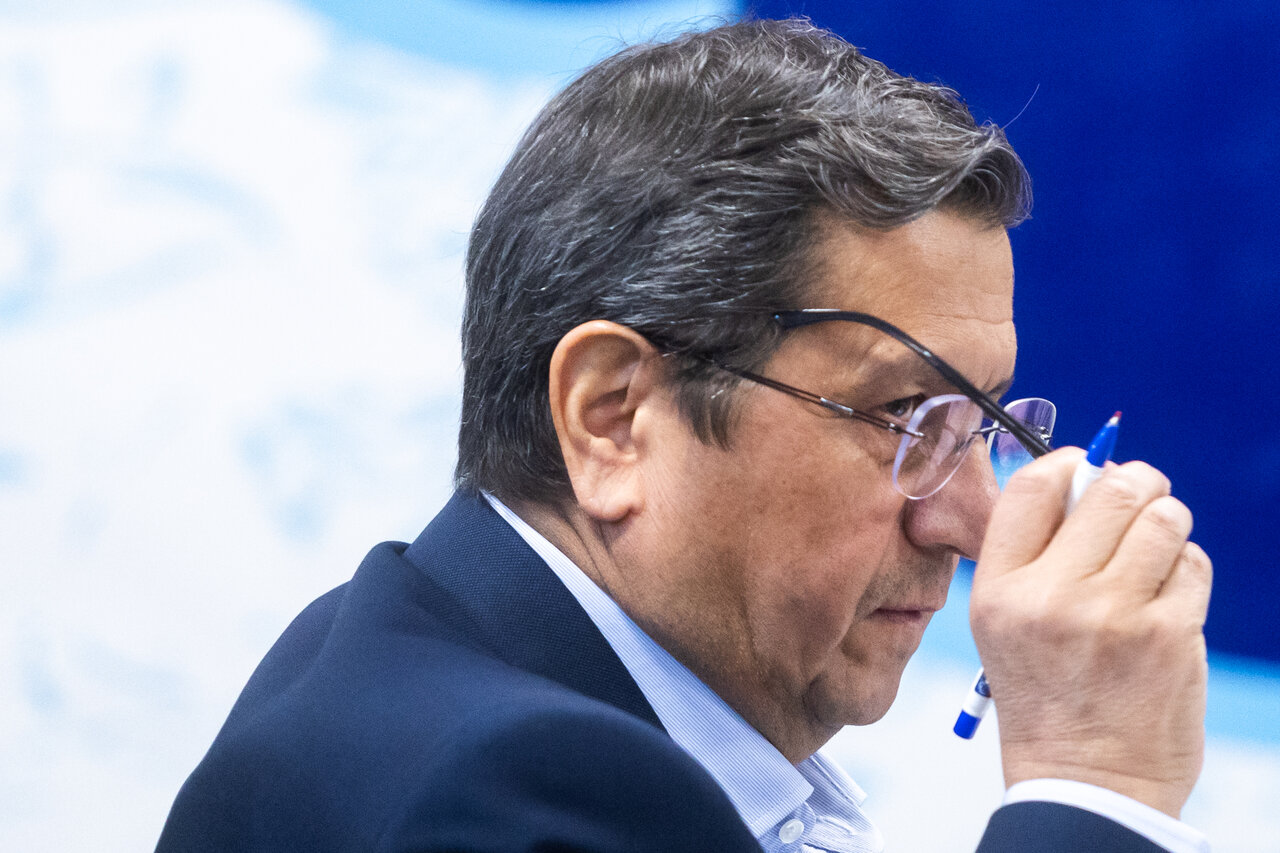
Hurt by like-minded politicians
Hemmati served as Central Bank Governor from 2018 to 2021. Prior to this role, he served as Deputy Governor of the Islamic Republic of Iran's Radio from 1989 to 1994, and as Governor of the Central Insurance Agency of Iran from 1994 to 2006 and from 2016 to 2018.
Hemmati finished third in the 2021 presidential election. He has close ties to reformist groups.
Trained in economics, Hemmati has received both criticism and praise during his time at the central bank, and there is little reason to think he could not run for president a second time.
Mohamed Mehdi Esmaili
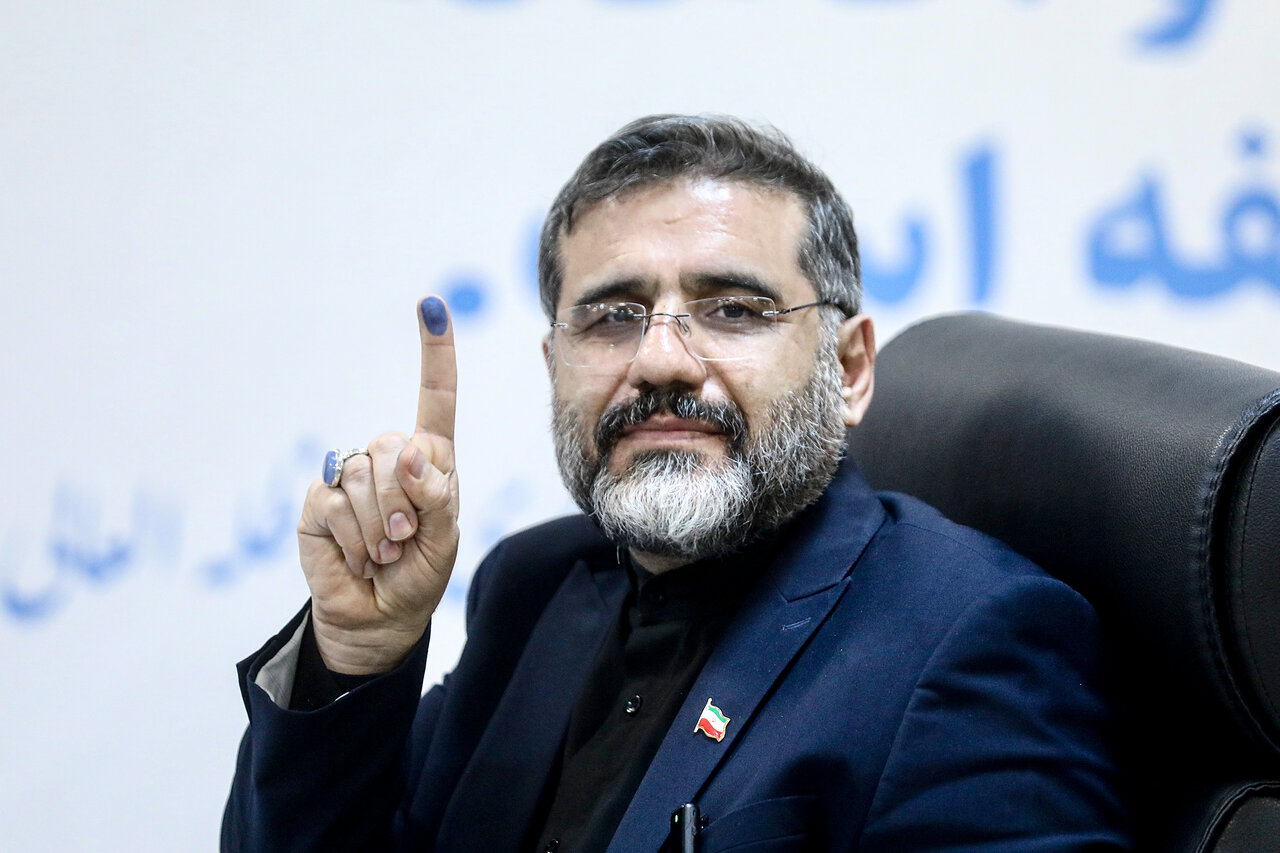
Carrying on the legacy of the late president
Esmaili currently serves as Minister of Culture and Islamic Guidance, a position he has held since August 25, 2021. His extensive resume includes roles as Deputy Governor of Isfahan Province, Director of the IRIB Program Supervision and Evaluation Bureau, and Chairman of the Cultural and Social Committee of the Presidential Center for Strategic Studies.
Mr. Esmaili has been active in socio-cultural activities for many years, dating back to the 1990s when he began his cultural career as editor-in-chief of a cultural publication.
The minister has said he plans to continue Raisi's efforts if he is approved to run for president.
Mehrdad Bazlpash
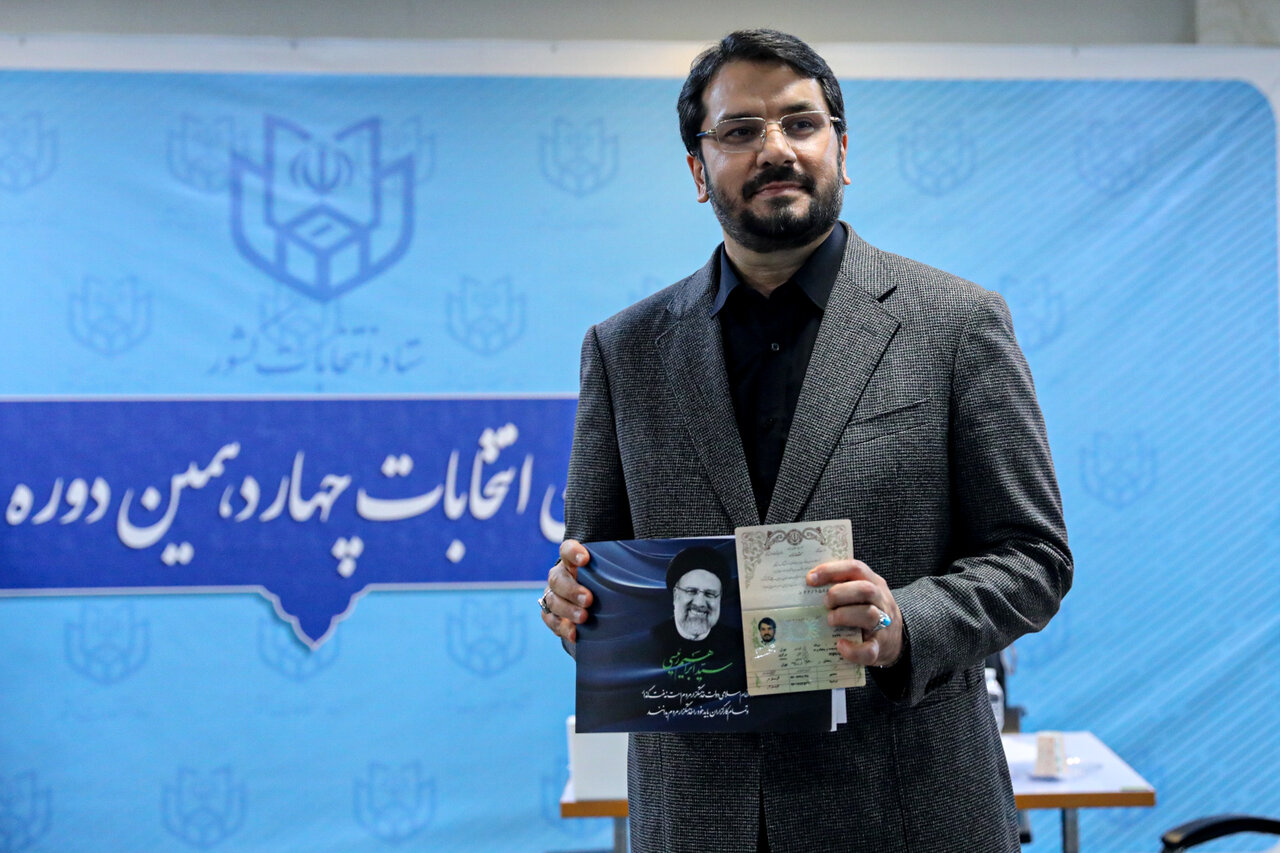
A young politician with big dreams
Bazlpaş, a conservative politician and current Minister of Transport and Urban Development, will take up his post in December 2022. He served as Supreme Auditor General from 2020 to 2022.
Bazrpash served as a member of parliament and was also CEO of two of Iran's largest automakers, Saipa and Parskhodro.
He was one of the youngest people to register as a candidate last week, and although this is his first time running for president, analysts believe his extensive background makes him a strong candidate for the 2024 presidential election.
Massoud Pezechkian
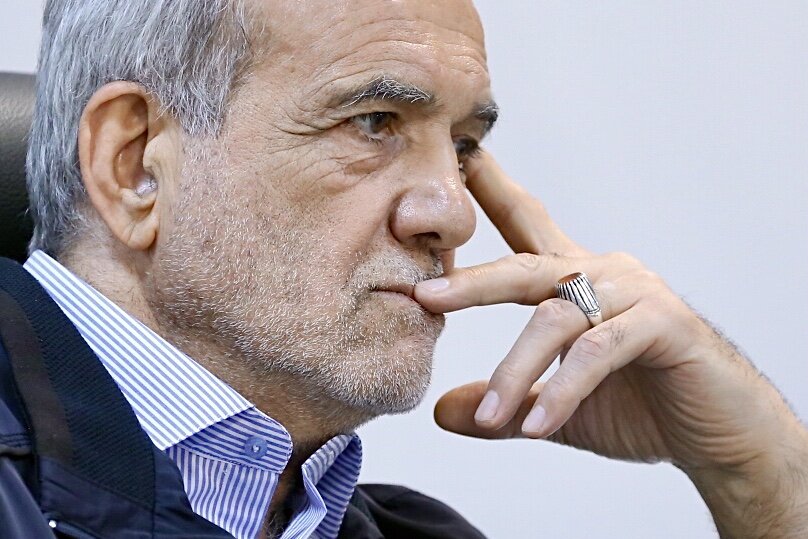
A modest and outspoken politician
Pezeshkian is a reformist politician and cardiac surgeon currently representing the Tabriz, Osk and Azarshahr constituencies and served as First Deputy Speaker from 2016 to 2020. He previously served as Minister of Health under President Mohammed Khatami from 2001 to 2005.
Pezeshkian has often clashed with conservative politicians, making some controversial statements that later proved to be unfounded.
While Pezeshkian is respected for his expertise in health care and education, observers have speculated that his history of bipartisan conflict and lack of practical experience could prevent the Guardian Council from endorsing his candidacy for president.
Mahmoud Ahmadinejad
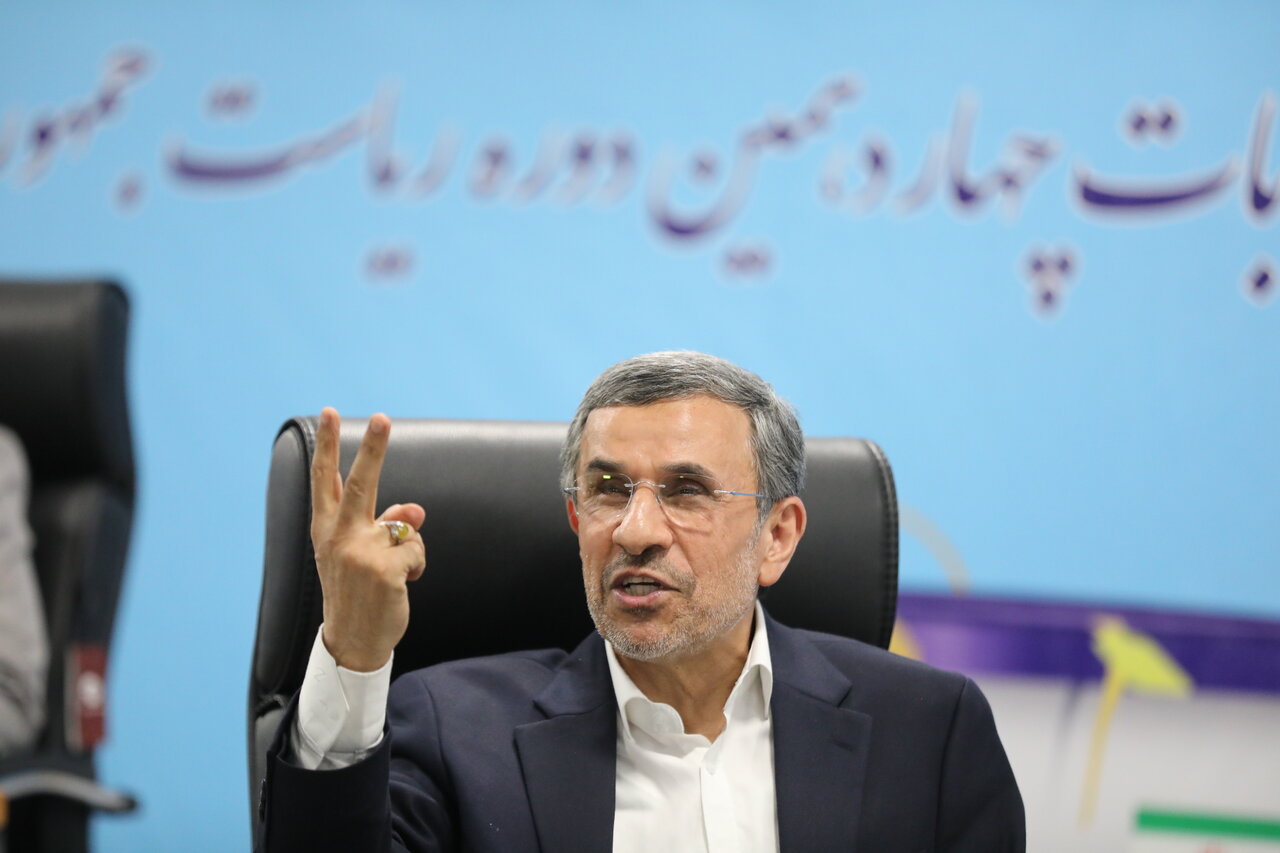
Dreaming of a third term in power
Ahmadinejad served as president from 2005 to 2013. Prior to becoming president, he served as mayor of Tehran for two years. He currently serves as a member of the Expediency Council. Ahmadinejad has worked hard to remain in the public eye since his presidency ended.
Despite being considered a fundamentalist by many, Ahmadinejad has long held ambivalent positions. It is widely expected that he will not be recognized as eligible to run in the elections. This prediction is based on past experience, when the Guardian Council disqualified Ahmadinejad when he tried to run for president in 2021.
Abbas Ahmad Akhoundi
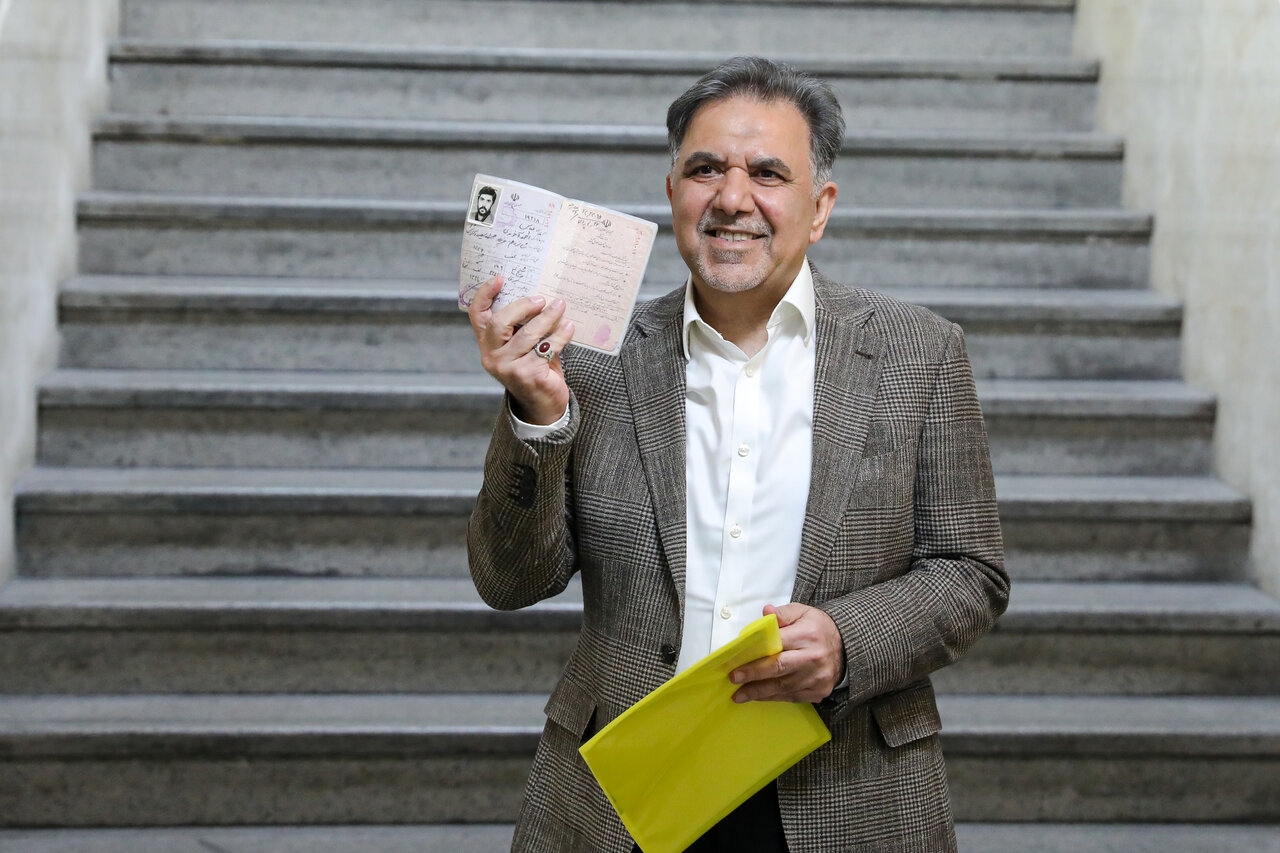
He said he was “worried” about Iran
Akhundi served as minister of transportation and urban development from 2013 to 2018. He first took office as minister of housing and urban development in 1993, making him one of the youngest ministers in Iran's modern history.
Ahoundhi is well known as a pragmatist, but his reputation is largely born of controversy. During his tenure as housing minister, he faced impeachment three times and resigned three times. Critics have denounced his “liberal economic views” and shown little concern for the less fortunate. Analysts believe he is unlikely to win the approval of the Supervisory Council in the upcoming presidential elections.
Mohammed Shariatmadari
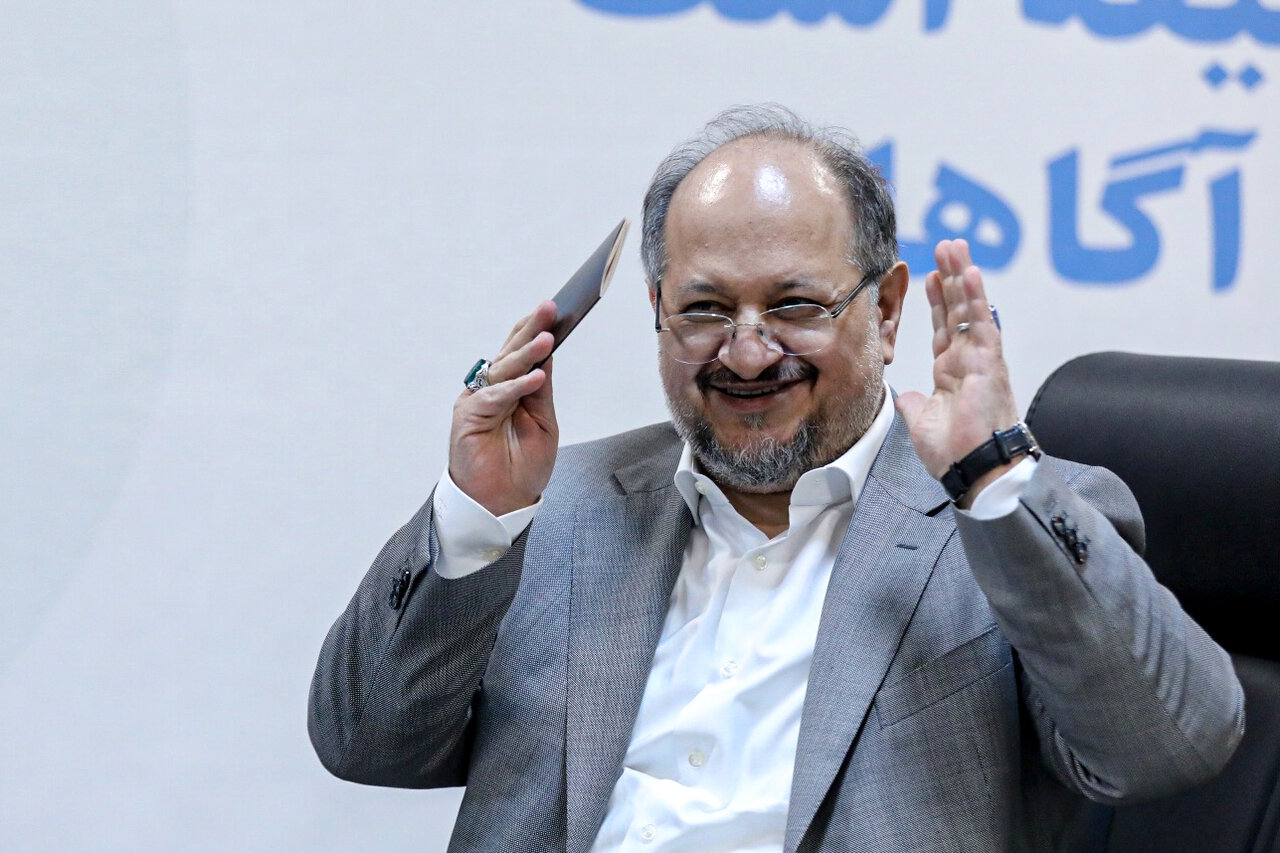
Reformers with Many Roles
Shariatmadari is a reformist who has held various ministerial positions in government. He was minister of cooperatives, labor and social welfare and then minister of industry from 2017 to 2018. Shariatmadari also served as minister of commerce under President Khatami from 1997 to 2005.
Over the course of eight years, Shariatmadari played a key role in managing Iran's relations with several countries, including Saudi Arabia, Iraq, Oman, Qatar, Kuwait, Portugal, Spain, Zimbabwe, Uganda, Kenya, the Philippines and Thailand.
In 2013, Shariatmadari ran for president but ultimately withdrew his candidacy before the polls began in favor of Ali Akbar Hashemi Rafsanjani.
Ali Nikzad
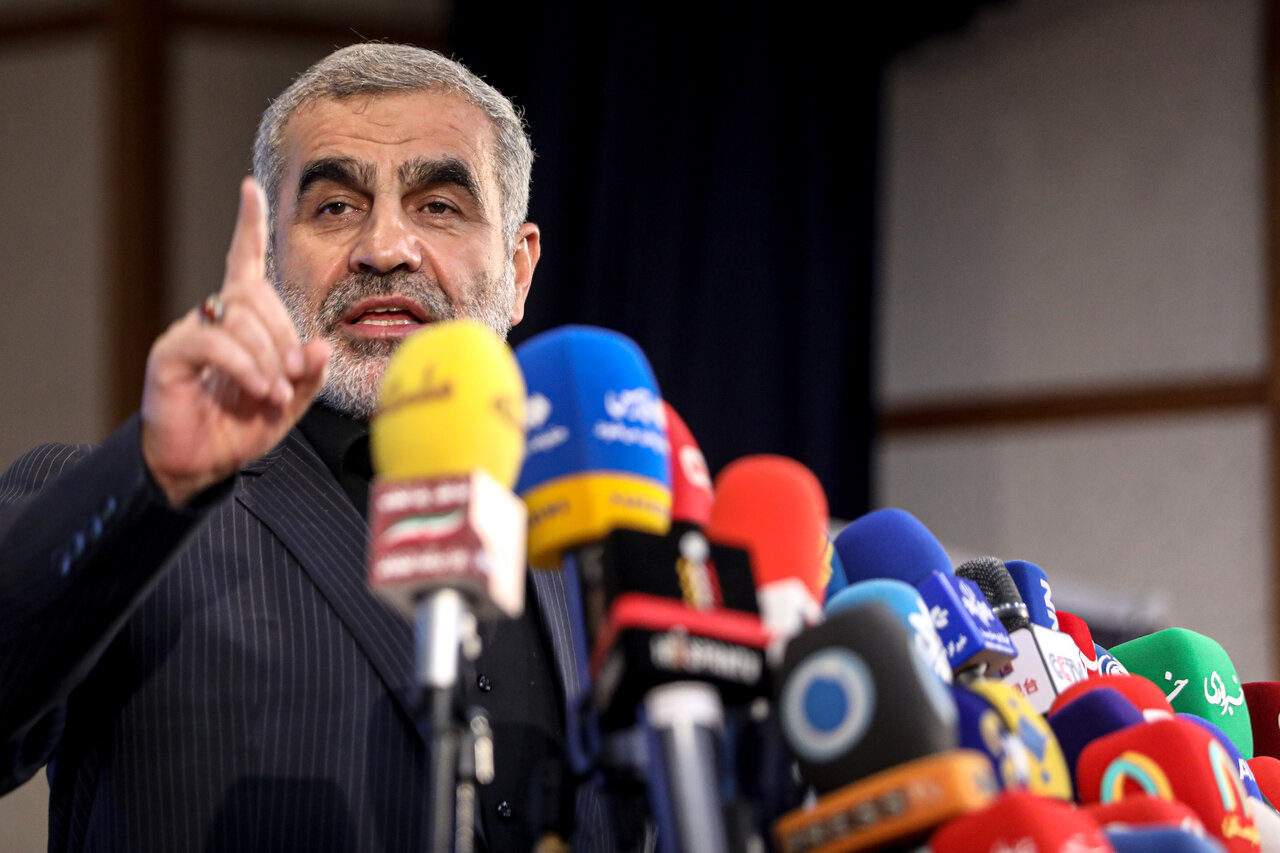
Experienced administrative officer
Ali Nikzad is a conservative member of parliament. He was previously a deputy speaker. He was elected deputy speaker in the new parliament.
Mr. Nikzad has extensive experience in business management, having previously served as Minister of Transport and Urban Development, Acting Minister of Communications and Information Technology, Acting Minister of Roads and Transport, Chairman of the Board of Directors of Tadbil Construction and Development Group, and Governor of Ardabil Province.
Nikzad has never run for president before, but is expected to be approved to run.
Sourat Mortazavi
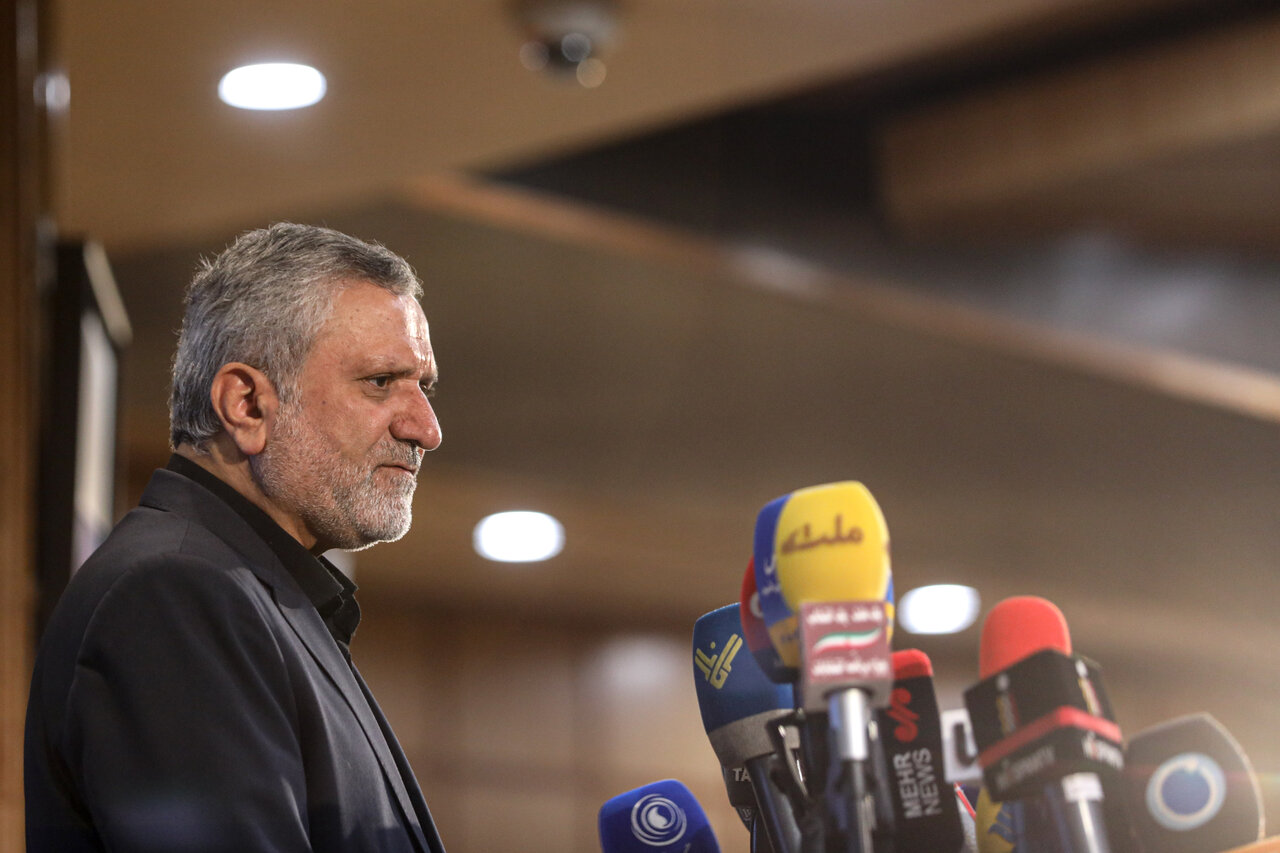
Conservatives with limited electoral support
Mortazavi, a conservative politician who currently serves as Minister of Labor and Social Welfare, has previously held senior government positions, including vice president for administrative affairs, mayor of Mashhad and Birjand, and head of the election headquarters.
In June 2017, Mortazavi was suspended from his position as mayor of Mashhad and all other political positions for obstructing an audit of the city.
Analysts say that even if Mortazavi is approved by the Guardian Council to run, he has little chance of ultimately assuming the presidency.
Amir Hossein Kajizadeh Hashemi
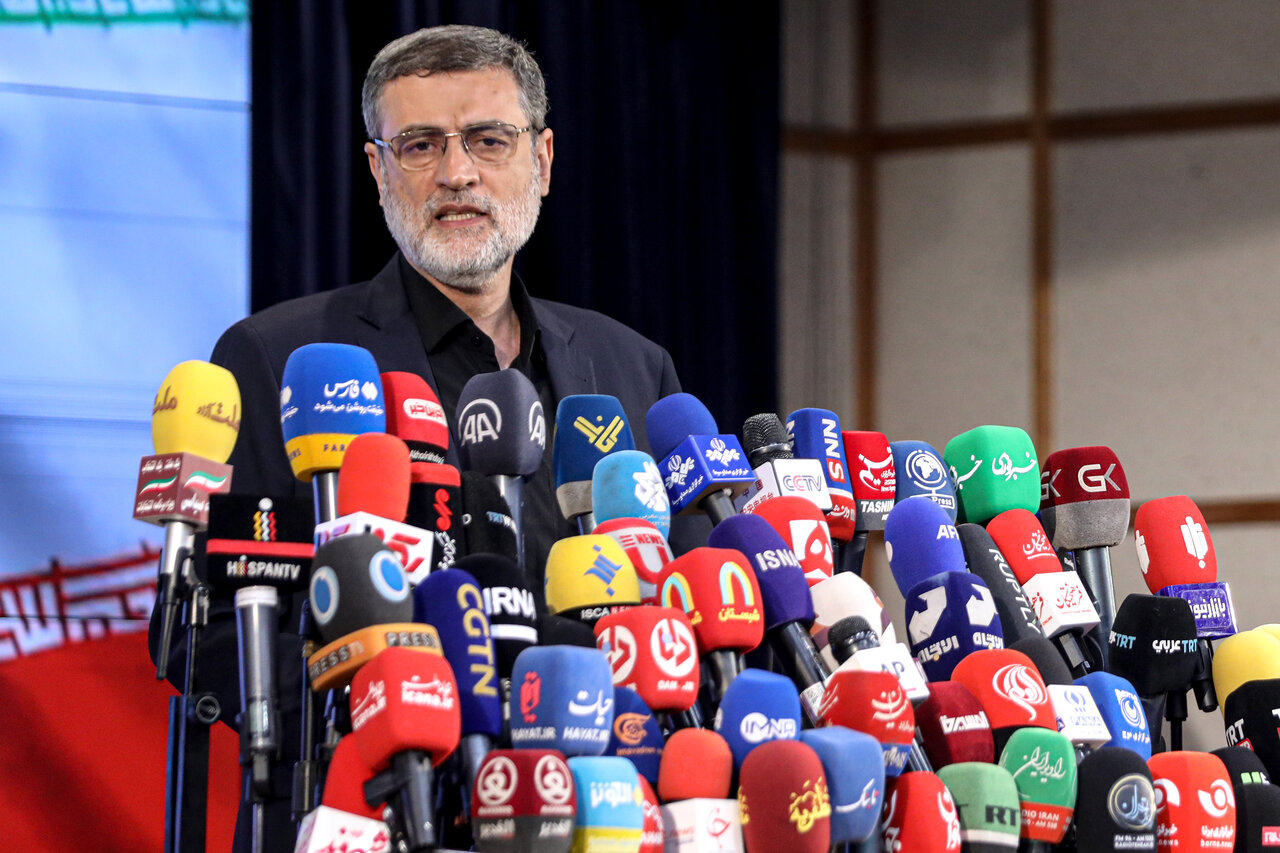
Doctors who entered politics
Sayyed Amir Hossein Ghazizadeh Hashemi is currently the head of the Martyrs’ Foundation and Veterans’ Affairs Department, a position he has held since 2021. Kazizadeh holds conservative views and was appointed vice president when President Raisi took office in 2021.
Kajizadeh has a distinguished career in politics and medicine, having represented Mashhad and Qal'at in the Islamic Consultative Assembly for four terms and working as an ear, nose and throat surgeon before entering politics.
Kajizadeh is expected to take part in the 2021 presidential election, becoming an official candidate for the second time this year.

